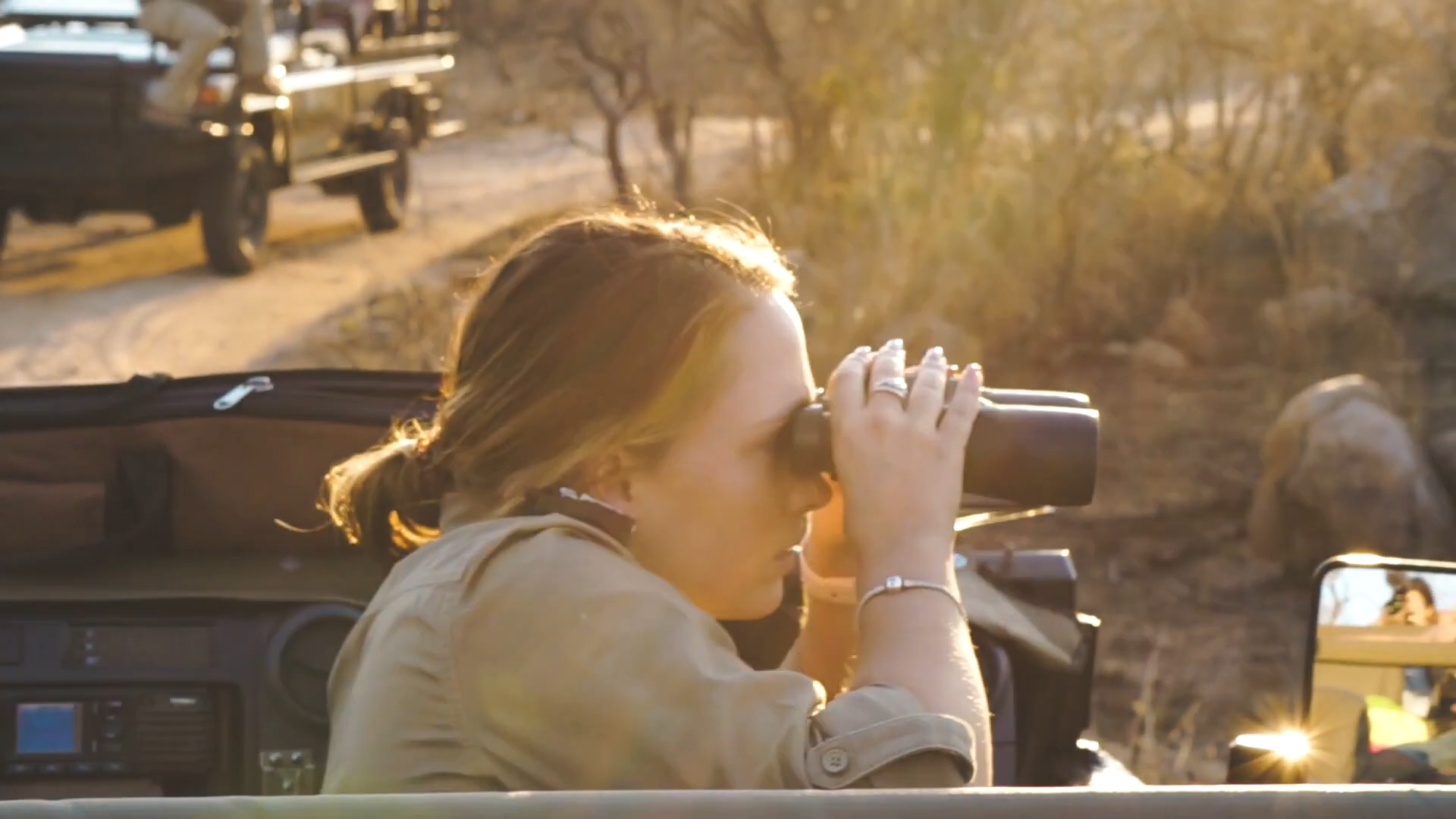Is Kenya Safe for Safari? (Top Travel Tips for First-Time Tourists)
Is Kenya Safe for Safari? Kenya is indeed a captivating destination for travelers seeking to expand their understanding of Africa. With thorough preparation, one can truly relish their Kenyan journey. Here’s a travel advisory I’ve crafted for women:
It’s crucial to remember that vigilance is key throughout your stay in Kenya to ensure your safety.
Kenya’s charisma as an exclusive safari destination is unquestionable, with its burgeoning safari industry and the frequent establishment of new lodges and camps signalling a flourishing tourism sector. The country’s year-round spectacular wildlife spectacles, hospitable locals, and streamlined travel processes contribute to its status as a top choice for safari enthusiasts.
What are the Kenya Health & Safety Travel Tips?
When planning a trip to Kenya, it’s crucial to prioritize health and safety just as you would when traveling to any global destination. To ensure a worry-free journey, consider the following tips:
- Consult a healthcare provider for malaria prophylaxis before departure, as Kenya is classified as a high-risk area for malaria. Carrying your medication prevents the uncertainty of local availability.
- Arm yourself with a substantial supply of insect repellent to deter pesky bugs.
- Stay vigilant about your items upon arrival; unattended belongings are vulnerable, and valuables should only be displayed when necessary.
- Be mindful of pickpockets in bustling tourist cities like Nairobi and Mombasa, especially in crowded marketplaces.
- At the beach, ensure someone is watching over your possessions before diving into the ocean.
- Duplicate all essential travel documents and store the copies separately from the originals in your luggage.
- Our team of Africa Safari Experts will furnish you with comprehensive guidance on areas to steer clear of, allowing you to immerse yourself fully in the Kenyan experience without concern.
Is piped water safe for consumption?
Regarding the consumption of tap water in Kenya, it is advised to avoid it due to recognized safety concerns. Instead, opt for bottled water, which is both affordable and widely accessible. You’ll find that many accommodations, including safari lodges, camps, and hotels, offer complimentary bottled water in your room or for your excursions.
When selecting your accommodation, you will receive a reusable water bottle for your convenience, which can be refilled with filtered water as needed. For oral hygiene, especially in urban areas, we advise using bottled water for brushing your teeth.
Is it safe for LGBTQ+ travelers to visit Kenya?
While Kenyan laws do criminalize same-sex relations, many LGBTQ+ travellers still visit and have incredible experiences. The safari sector is known for its inclusive and welcoming attitude, ensuring safety in premier safari locations. It’s wise, however, to be mindful of Kenya’s conservative culture and refrain from public displays of affection.
Our team of Africa Safari Experts is well-versed in crafting unforgettable safaris for the LGBTQ+ community, a tradition of excellence we’ve upheld for years.
What about the terrorism risks in Kenya?
Kenya combats terrorism threats in alignment with global standards set by allies like the USA and Britain. Enhanced security measures at airports and increased police presence in public areas such as malls and markets make Kenya a secure destination.
Kenya’s formidable military presence is concentrated along its eastern border with Somalia, but tourists typically do not venture into eastern Kenya. Instead, your journey will take you to renowned game reserves on the far western side, bordering Tanzania. This region is so tranquil that the boundary between Kenya’s Masai Mara and Tanzania’s Serengeti is simply indicated by stone cairns. From the Mara, you can gaze into the Serengeti, and witness the epic annual wildebeest migration.
Is Nairobi City a safe place?
Nairobi, the vibrant heart of Kenya, experiences occasional political shifts like many global democracies, often centralized within the city but distant from the country’s renowned safari destinations. This makes Kenya safe for safari for all visitors typically transiting through Nairobi, swiftly journeying to wildlife havens like the Masai Mara, Amboseli, Samburu, or Laikipia. Regular travelers to Kenya, including Mtembezi Safaris’ team and clientele, frequent Nairobi and the Masai Mara, attesting to the stringent security at airports and enhanced safety protocols at hotels in Nairobi, ensuring a secure experience. Mtembezi Safaris’ travel philosophy ensures guests avoid self-driving or using local transport, favouring a more secure, guided experience. Current travel advisories suggest exercising increased caution in Kenya due to crime, terrorism, civil unrest, and kidnapping, with specific areas recommended for avoidance.
Are Kenya’s national parks and game reserves safe?
While crime does happen in Kenya’s national parks and conservation areas, it is rarely serious.
Should you decide to explore these national parks or game reserves, consider the following tips:
Seek local insights regarding security concerns, park fees, and other relevant details before your journey.
Obtain endorsements for travel agencies and guides.
Choose only well-regarded, officially registered tour operators.
Abide by the wildlife laws of the locality and keep a safe distance while watching wildlife.
Adhere strictly to all the rules of the park and follow the guidance provided by local authorities and park rangers.

